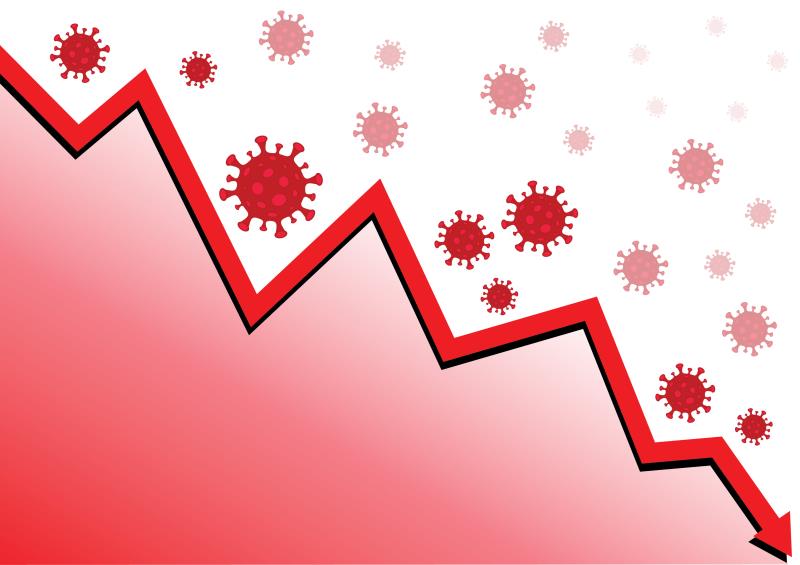Heart attack admissions dropped since COVID-19 pandemic





An ESC* survey reports a substantial decline in the rate and timing of hospital admissions for ACS** since the coronavirus 2019 (COVID-19) outbreak.
Of the 3,101 participating healthcare professionals***, 65 percent noted a >40-percent drop in STEMI# admissions. Sixty-two percent reported later-than-usual admissions since the outbreak – 58 percent of whom noting that the fraction of STEMI patients presenting beyond the optimal window for PCI## or thrombolysis was >40 percent. [Eur Heart J Qual Care Clin Outcomes 2020;doi:10.1093/ehjqcco/qcaa046]
“These self-reported perceptions … suggest that the indirect adverse impact of COVID-19 on those with new or established cardiac disease or other noncommunicable conditions is likely to be extensive … [These serious conditions] not only continue to exist, but may even increase in prevalence during an infectious disease pandemic,” said the researchers.
“This is the strongest evidence yet of the collateral damage caused by the pandemic … [T]he risk of dying of a heart attack is much greater than that of dying of COVID-19 … [C]ardiac death is largely preventable if patients with a heart attack come to [the] hospital in time to get treatment,” said ESC President Professor Barbara Casadei in a press release.
The element of fear
Fear of exposure to COVID-19 has been identified in surveys as a primary driver for the declines in hospital presentations and/or admissions, the researchers noted. “[E]ven people in the midst of a life-threatening heart attack are too afraid to go to [the] hospital for life-saving treatment. There has been a lack of public reassurance that every effort has been made to provide clean hospital areas for nonCOVID-19 patients,” said Casadei.
Worrying about burdening the healthcare system is another concern; others don’t leave home to abide by the stay-home memo. Sensory neuropathy – believed to cause anosmia and ageusia in some COVID-19 patients – may also trigger reductions in pain perception, which could influence the perceived need for medical help. [Soc Sci Med 2020;258:113101]
Isolation, reshuffling
The reported total (88 percent) and partial lockdowns (7 percent) could have also factored in the declining admission trends. Another independent predictor of perceived late STEMI presentation is hospital/cardiology unit restructuring, which was reported by two-thirds of the respondents (55 percent [partial] and 13 percent [total restructuring]).
There was also an apparent increase in time taken for patients to reach the hospital, correlating with data showing an increased median time from symptom onset to ambulance arrival in STEMI patients during the pandemic (from 82 to 318 minutes).1
Potential second wave
Taken together, the findings imply that STEMI patients in areas with high COVID-19 numbers and stricter lockdown measures may present later due to changes in patient behaviour and risk perception, as well as increased demand for ambulance service, said the researchers.
These observations are critical especially in view of a potential second wave as global lockdown restrictions are being gradually lifted, they pointed out. Health organizations should proactively promote awareness to underline the importance of seeking appropriate care and ensure a safe environment for hospital admission. “Lack of assurance on this front is likely to underpin our findings and to lead to unnecessary death and disability.”
“What we are witnessing is an unnecessary loss of life. Our priority must be to stop this from happening. We must continue to save the lives we know how to save,” said Casadei.